There are few things I want to do less than give this tribute to my father. The unflinching approach to reality he imparted had left me noticing his aging, and I was preparing to adapt, over time…. But my father never gave someone a challenge he thought them incapable of meeting.
All the wonderful things being shared about my father obviously come as no surprise to me, and I had so hoped to spend the next few years, hearing those things with him, but knowing how uncomfortable it would have made him to hear so much praise, as his own ability to act diminished, I have to appreciate that, as hard as this is on the rest of us, it was an ending with which he would have been satisfied.
I had hoped to spend the next years supporting him, as he always has supported me- my father has been at anything I asked him to be at, and volunteered for things I didn’t intend to subject him to… And The outpouring of remembrances from my friends, has reminded me, of how important it was to him, to know the people important to me. I was touched by the photos my parents saved, not only of me, but of Niki, Jeremy, Erica, Jason, Abe, and so many others. Many of my students and colleagues had stories, as they’ve driven out to Cal Poly Pomona for multiple events, marched with my students for a sustainable future, and for the rights of immigrants, and were happy to attend CPP sponsored Dodger games. Despite his years of public speaking at high-stakes events, family members have reminded me of how the event for which he showed some concern for his performance, was when called upon to officiate my wedding. He saw that a high stakes event. I think Navid would have stayed even with a minor error…. And the depth of his loss, is a testament to my father’s ability to welcome people into his family- completely. When you’re in, you’re in… That’s the for better or worse. And with my father, it was almost all better.
My father didn’t know how to be unproductive, and he will have posthumous work published (not a hint to his co-authors, or a comment on the reviewers- #2 I’m looking at you…), but the idea of slowing down, of doing less, of relaxing, was not at all appealing to him. Nor had it ever been.
Even now as he prepared to “retire” for the fourth time(?), he was finally finding the time to research our family history, finding a master’s thesis on one relative, connecting with ethnomusicologists while researching a family melody… he was organizing photos and records, and of course, gardening.
I’m not sure I ever remember my father reading a novel, though the books he gave me to read, were always meaningful. A Tree Grows in Brooklyn, The Yearling, Black Boy…. Ya know light childhood reading. He never binged anything on Netflix. But he wasn’t quite as out of touch with popular culture as we used to joke. I remember him telling me these films will change how movies are made, when he took me to 2001, and Star Wars.
To vacation with my father was not per se relaxing, but it was always educational. Weren’t there museums to see, history to be learned, culture to be appreciated? I can’t imagine a trip to a beach resort without a sustainability tour. And I have been to an embarrassing number of train museums. From the family albums, apparently my mother married him despite the train museums.
My father had a quintessentially east coast Jewish sense of humor. Political, ironic, dark, but never mean. He had a good chuckle when he learned the Jewish space laser conspiracy centered on high-speed rail, and we certainly have exchanged our share of dark political humor over the years. But he also would go long game on humor, in a way I don’t think most knew…. When my brother was roughly 8- around 1982 (fine I checked the year online), he saw the old chalice comedy skit redone by HBO as a short, and thought it was hysterical, so in typical 8-year-old fashion (and I have an eight-year-old with my brother’s smile), he made a few too many jokes about the chalice, begging my father to re-enact the skit for him. My father, good-naturedly threatened to do that as the toast at my brother’s wedding, if he didn’t stop…. Over the years, once in a while he would bring that up… Fast forward to 2004- Steve and Shirley’s wedding. My father gets up to give a toast, and he opens with the exact same, largely innocuous lines of the skit…. The look on my brother’s face was priceless. Of course, my father proceeded with a lovely toast, And I know only four people there got the joke… but it was epic.
My father did love baseball. Growing up in New York in the 40s and 50s, he and his Uncle Harold’s favorite escape was in the rooting for the underdog Brooklyn Dodgers. And many of you who may have attended games could have mistaken him for teetotal, as he almost never enjoyed a beer at a game. Why? Because once, during a restroom break- he missed a triple play. Fortunately, he stayed in his seat in 1988 for Gibson’s home run, and As a Brooklyn Dodger fan, he saw most of the greats play live, including Jackie Robinson. He also took me to some pretty amazing baseball games, and thanks to his busy travel schedule, I was frequently the lucky recipient of tickets, even when he couldn’t attend. My first Dodger Game went into extra innings, and the Dodgers won on a hit by Steve Garvey. Since we never leave early, we were at the game where the Dodgers hit four home runs in the ninth, though we also suffered through a game where they blew a 13 run lead…. I was at Orel Herscheiser’s first start as a Dodger at Shea with the somewhat traitorous but still beloved Uncle Harold who had defected to Mets fandom…. We’ve seen more than one win by pitchers like Valenzuela, and Kershaw… And I got 18 innings of world series baseball- in one game. No, I did not leave early. And I rode my bike.
Despite his impressive personal achievements, he told me, more than once, that the real influence he had and what he was most proud of, -were the people he had the privilege of working with, educating and developing. He told me, “Not very many people read academic papers, but the influence we have, is in not only the scholars we train, but the many students who don’t become scholars, but go into the world, carrying what we teach them, the messages, values, ideas, and ways of thinking that we impart.” He saw himself fundamentally as an educator, and that approach, allowed him to remain true to himself, his ideals, and his values. Because what he valued most -were people. And being an educator wasn’t a one-way street. He valued what students brought and he integrated it into his thinking and as a result he never stopped growing- challenging his own thinking. That this was the real value of being an educator, the opportunity to expand people’s minds, and in turn, have your own expanded. Recently I had the wonderful privilege of two of my own former students returning to guest lecture for our annual professor for a day campus event. I had them speak about research, about data. And they blew me away. They had this deeply compassionate, humane view of policy, of research, of data. I was shocked at how much of my father’s voice was in their words. When they ended with, and this is what you taught us Dr. Wachs…. It wanted to tell them it wasn’t really me. I was just passing on what I had lived.
One of my friends jokes that when you bring sociology (and my father was undecided between sociology and civil planning) to other disciplines, everyone thinks your brilliant, but one is just asking for people-centered, critically evaluated, long-term planning. And that was effectively the mantra of my life. My father imparted that fundamentally research is about people, and people’s lives. My father lived his life never forgetting that every equation, every budgetary decision, every funding priority, wasn’t a number on the page, it was people’s lives. And those lives were precious, valuable, worthy things. For my father, every person mattered and should be treated with dignity and respect.
And seeing the many wonderful students he taught, and the people they have become, and who my brother is, and who we chose to marry (Shirley and Navid), and who Leia and Ziya are, he will never be gone, and the world is better because he was in it.
I think the many tributes and accolades that continue to pour in would have overwhelmed my father. He was a practical person at his core. But that’s not his legacy. The legacy he leaves is a cadre of people committed to social justice and equity, and human-centered policy. And I am confident that the scholars, practitioners, and activists, he mentored can and will achieve this. And that will be his legacy.
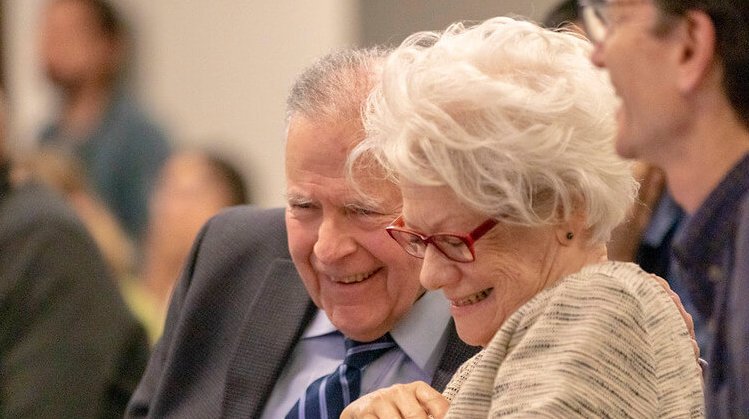
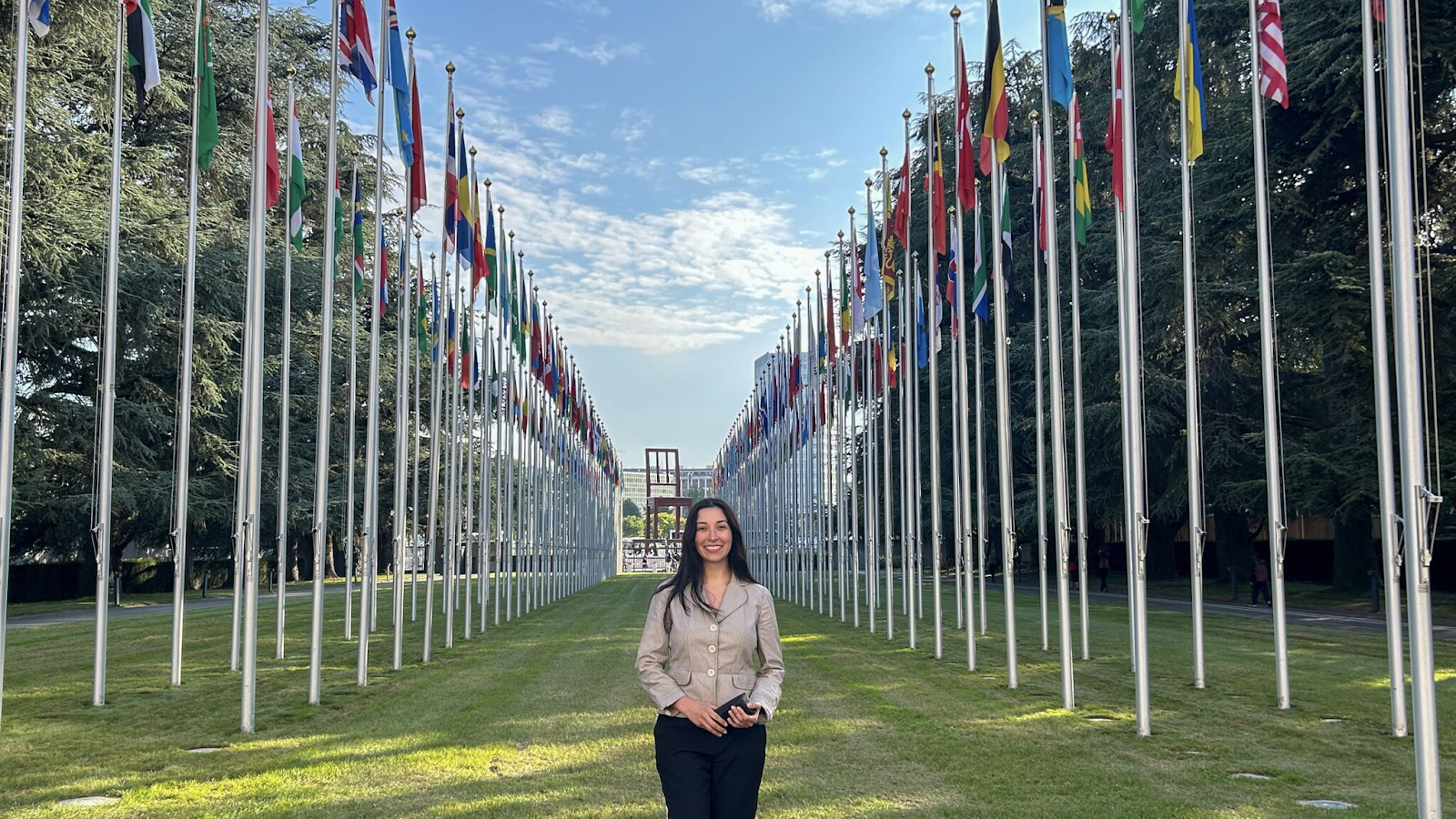
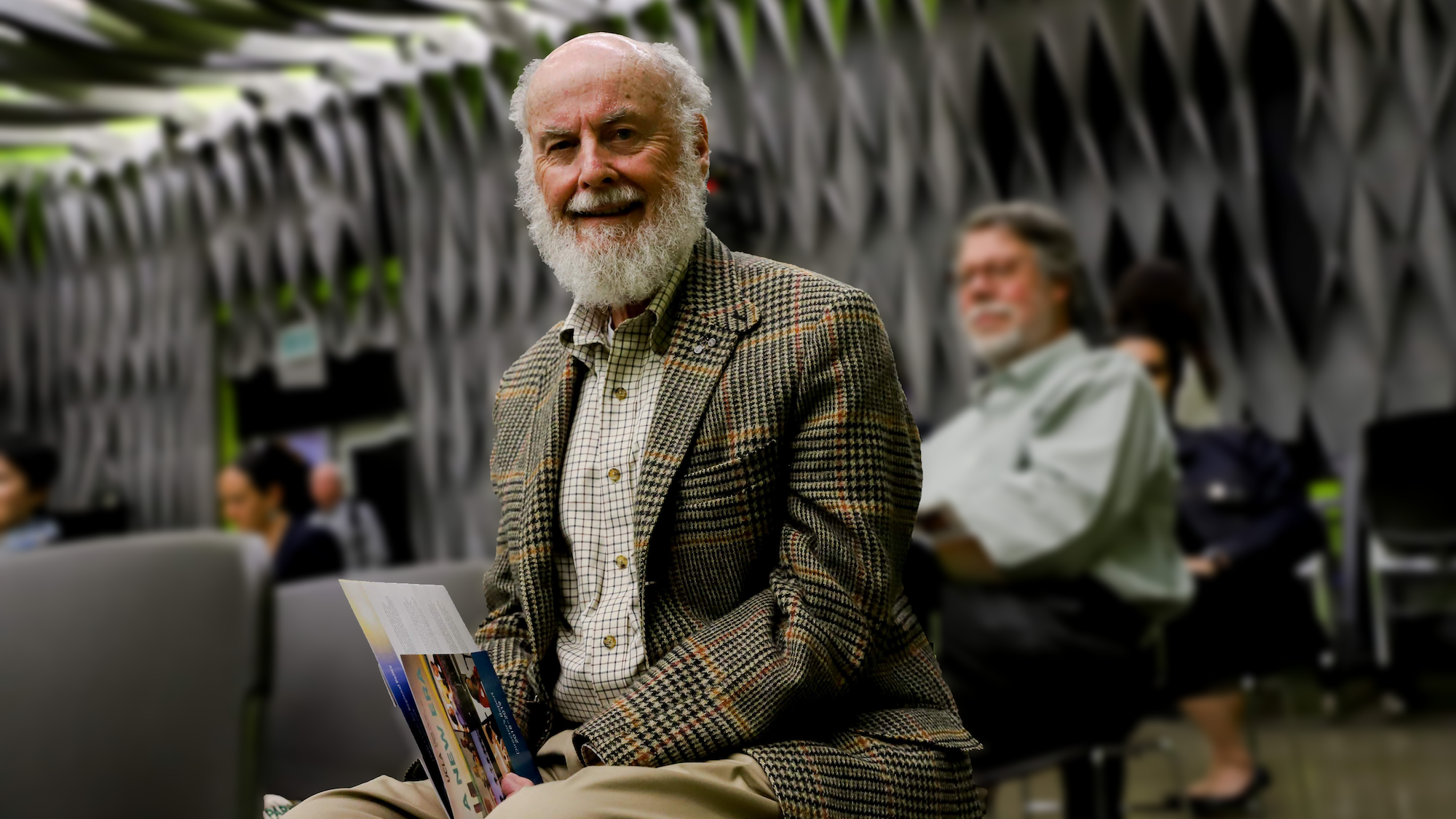



















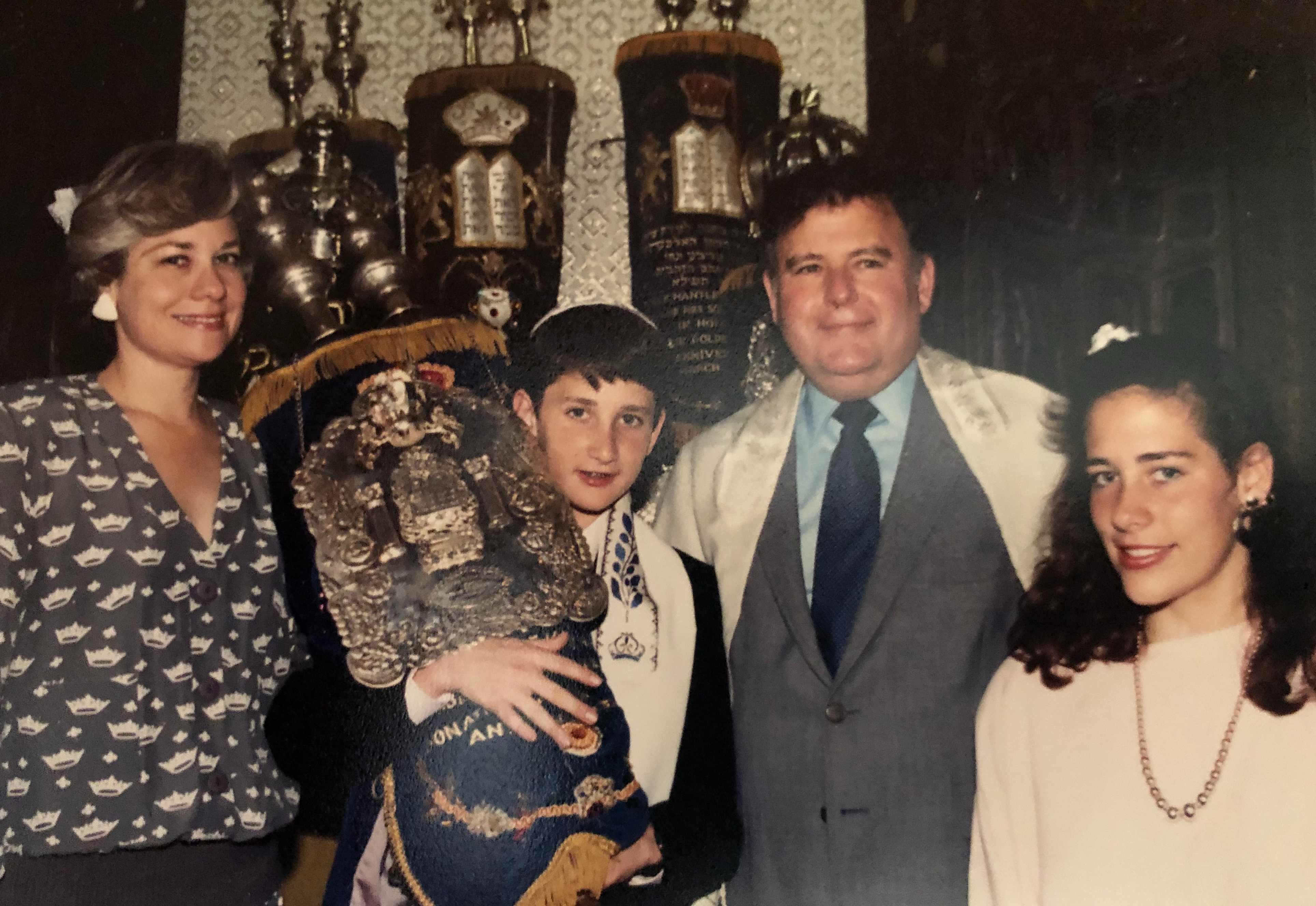





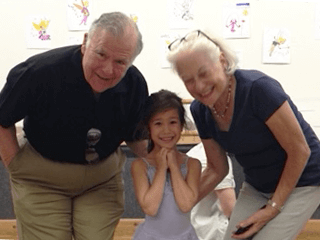
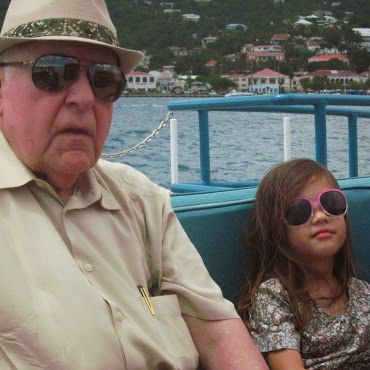
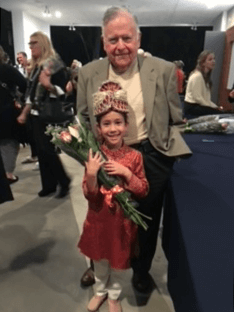
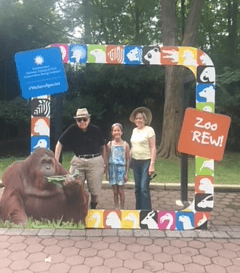

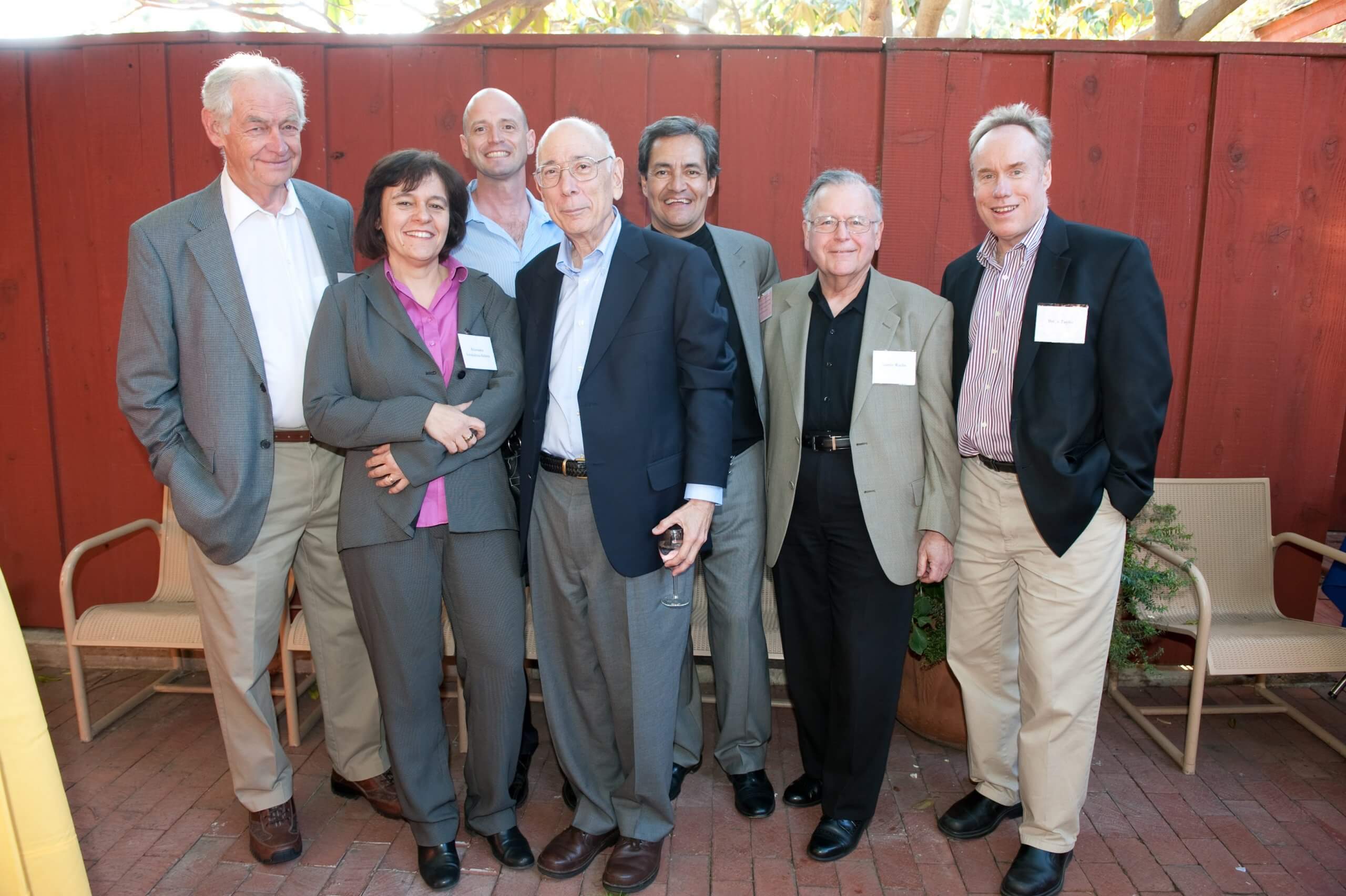
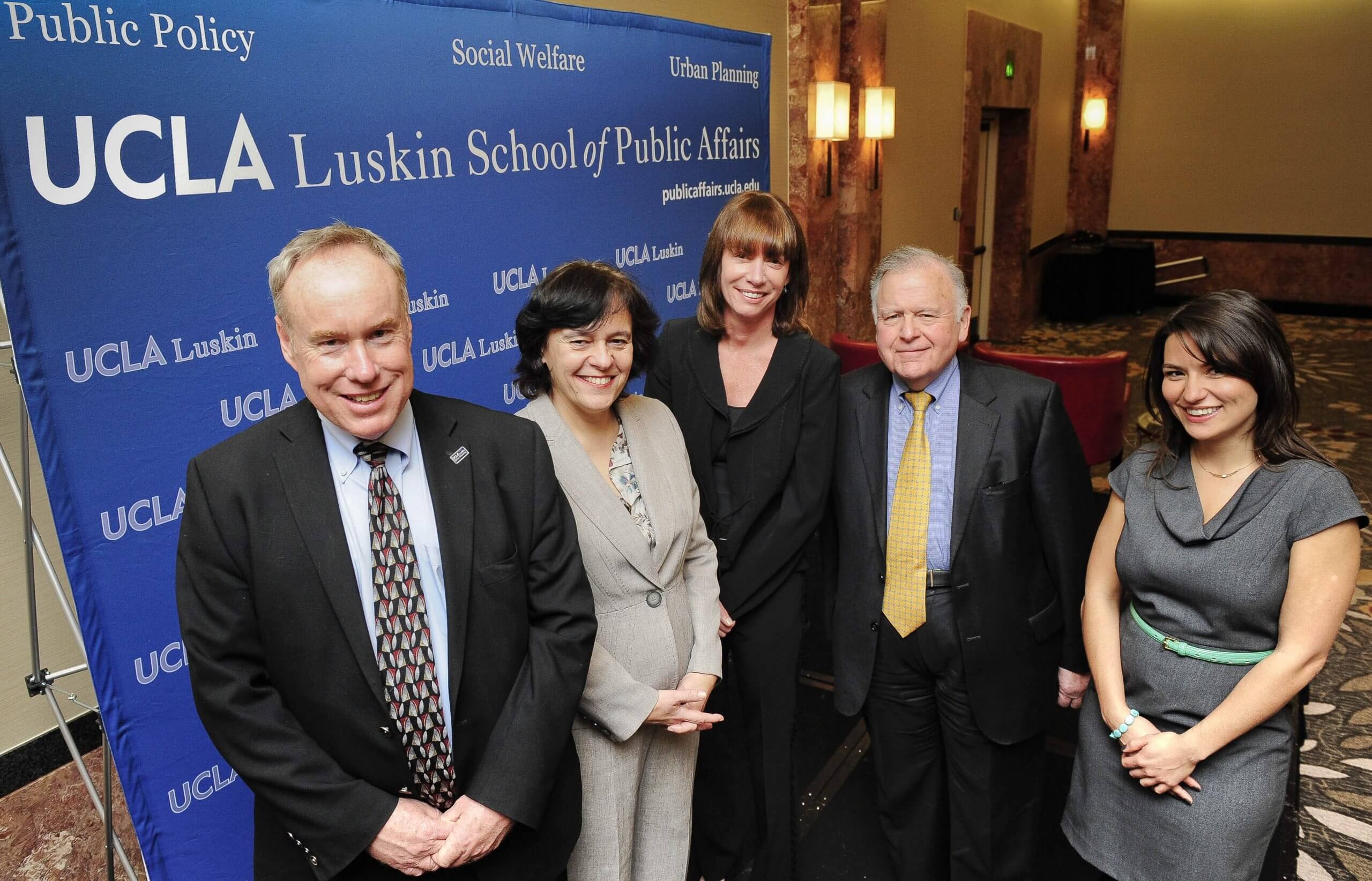

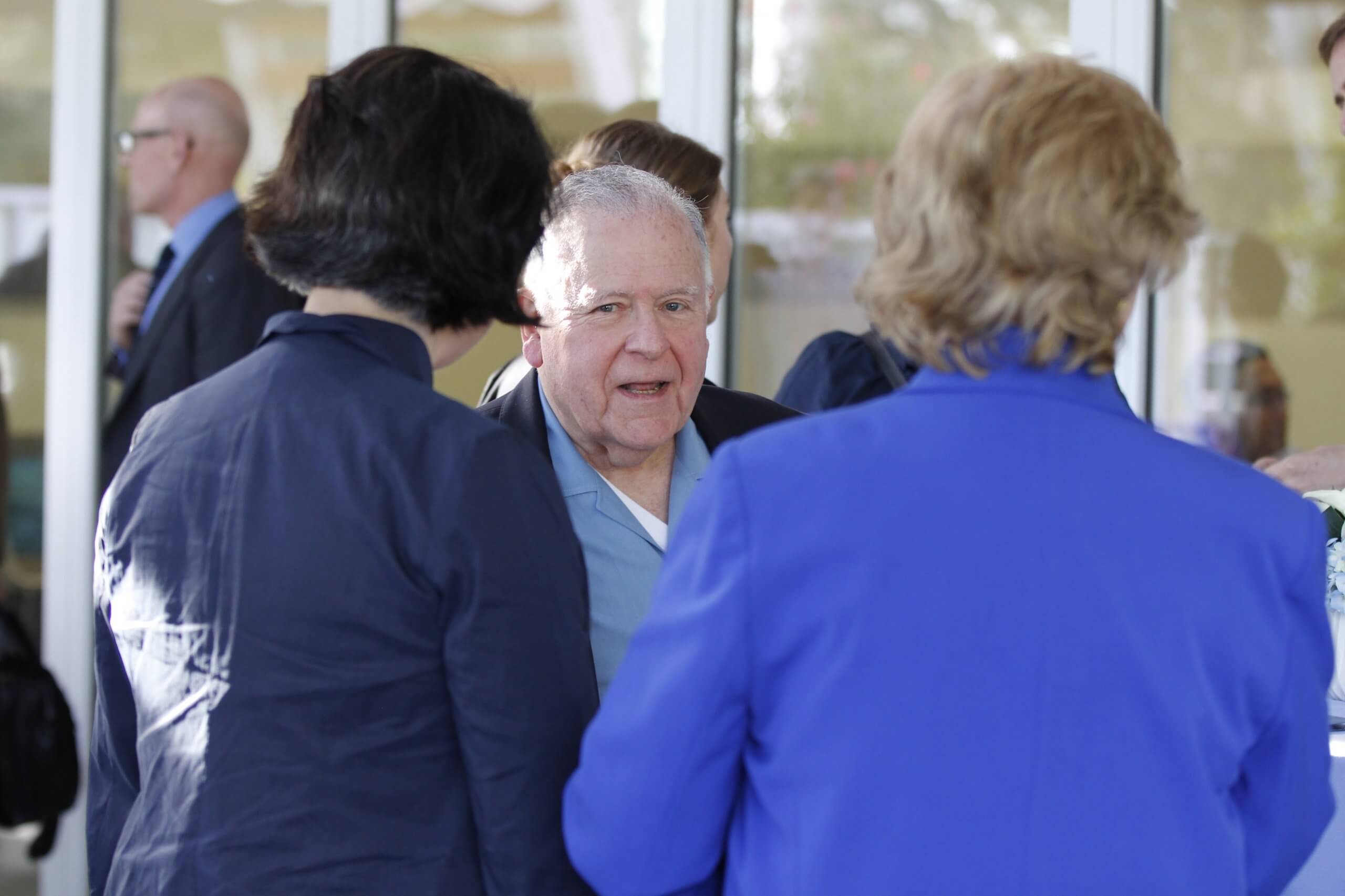
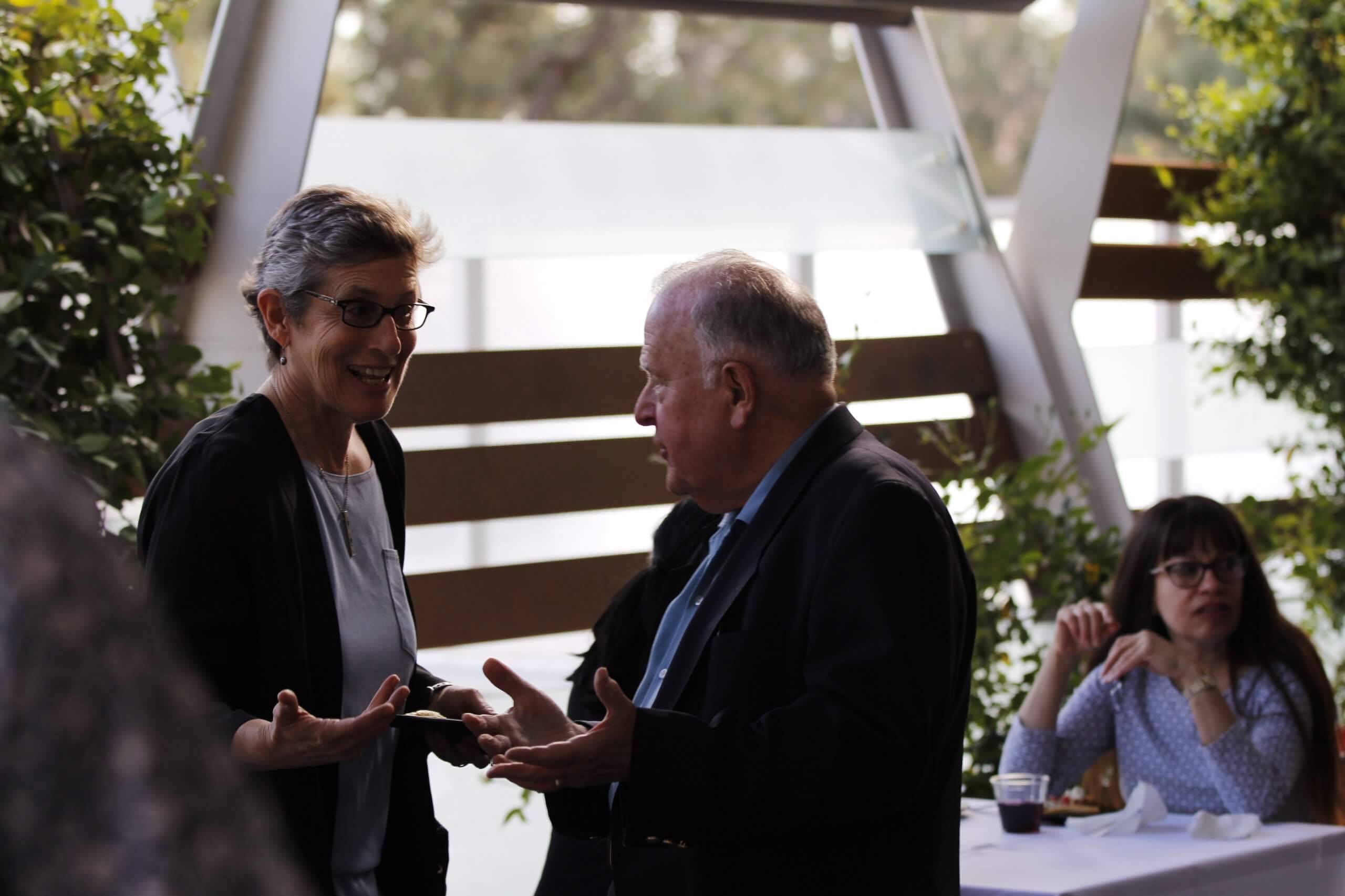
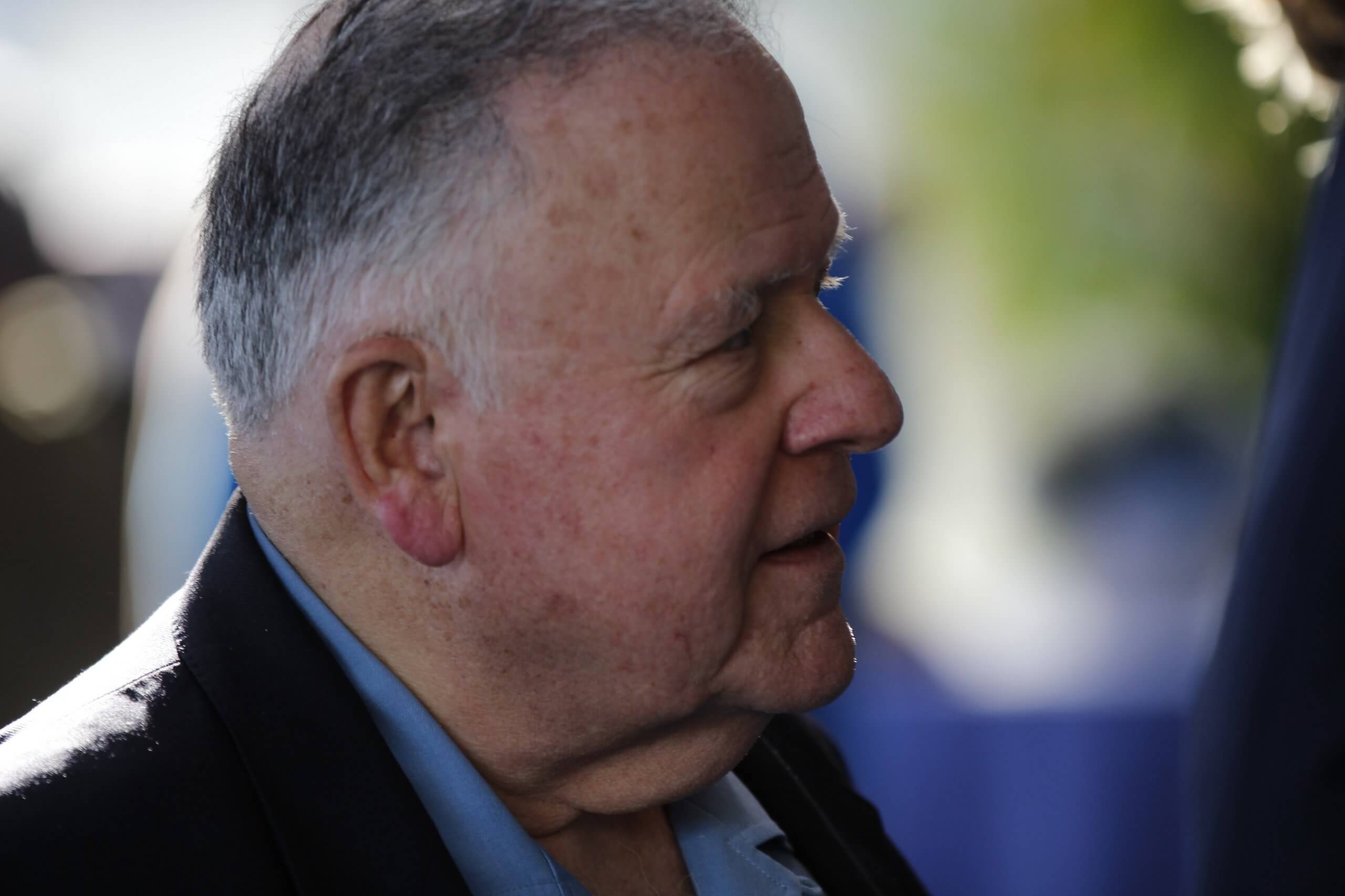
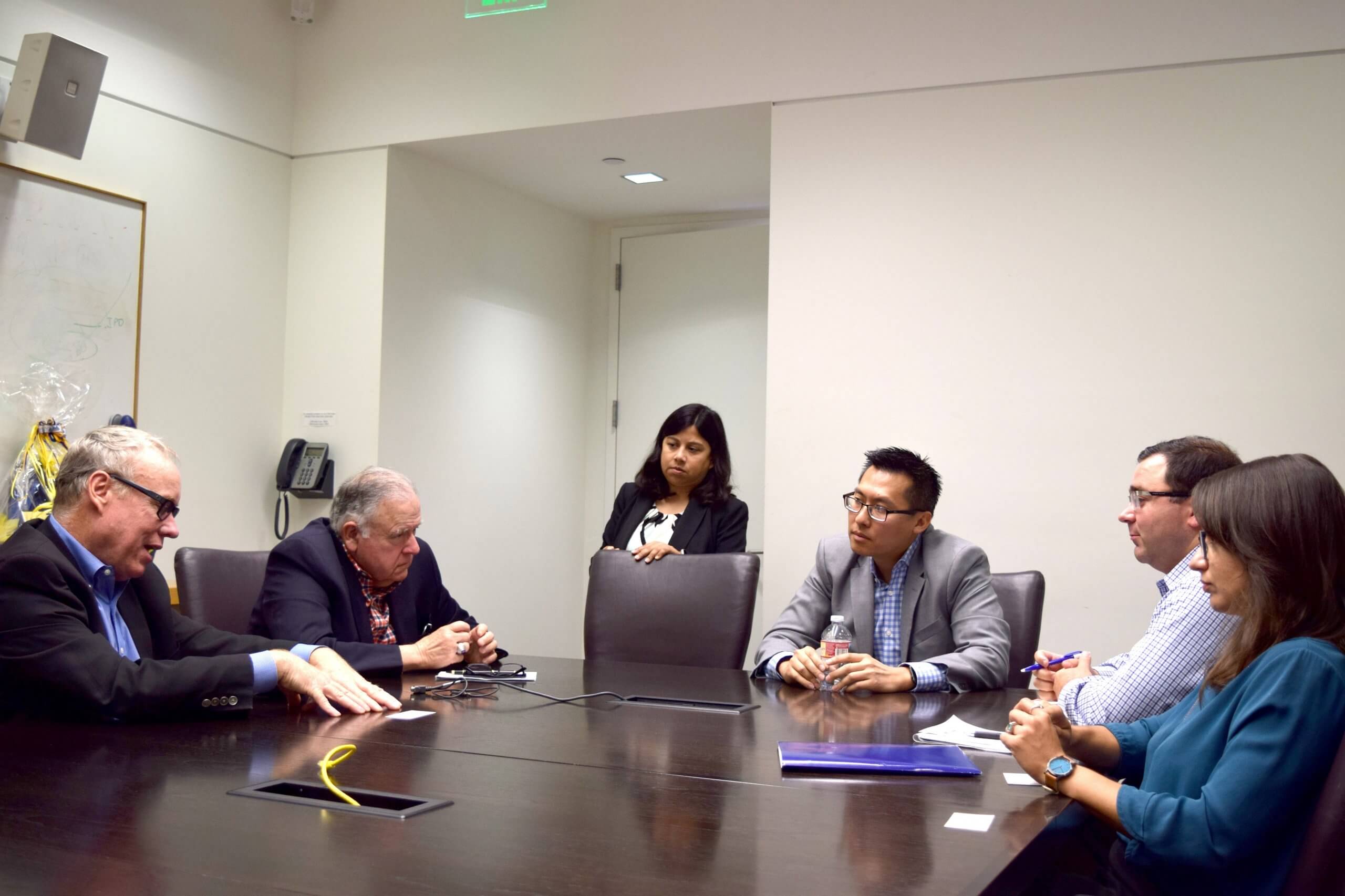
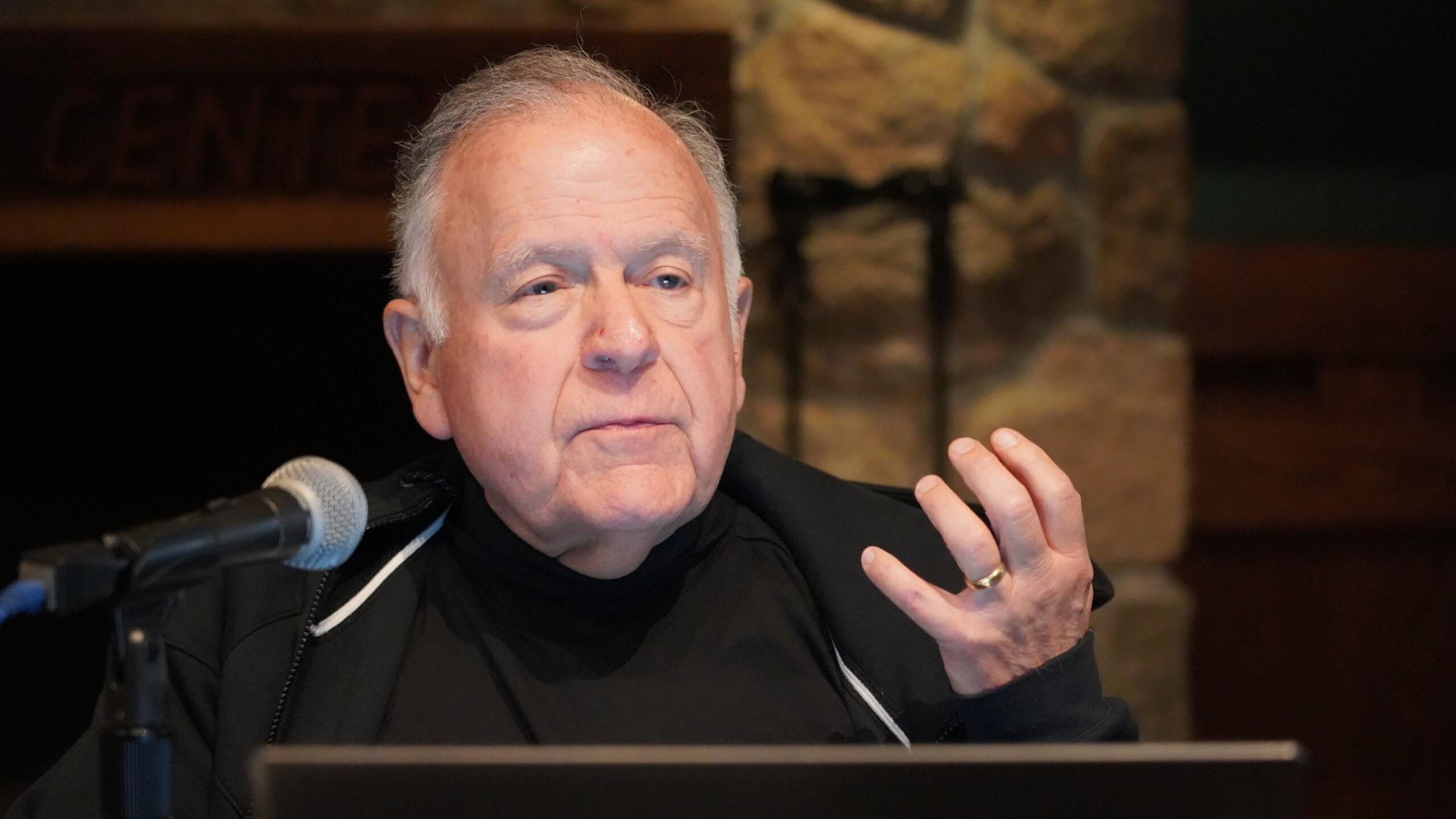
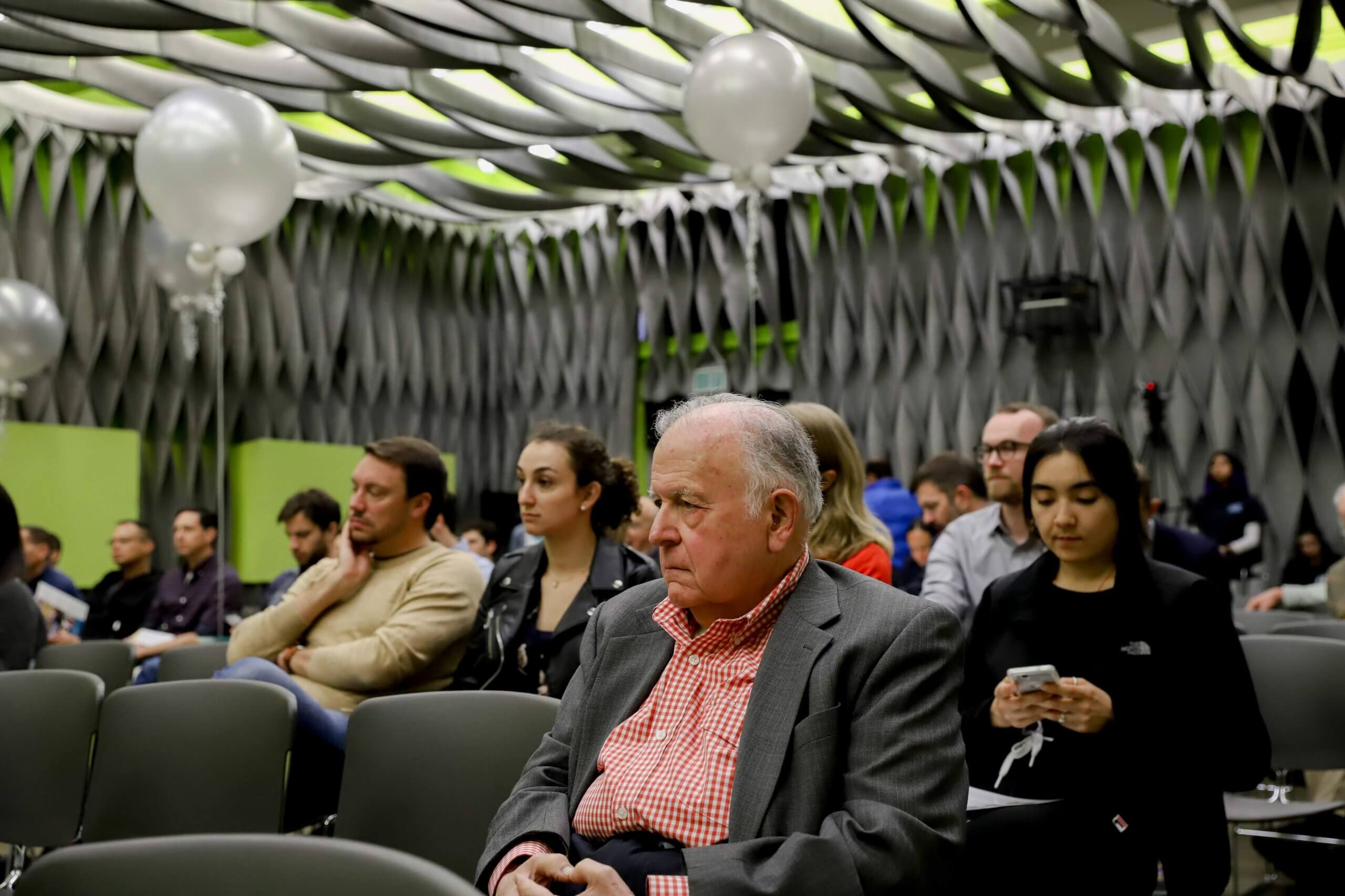
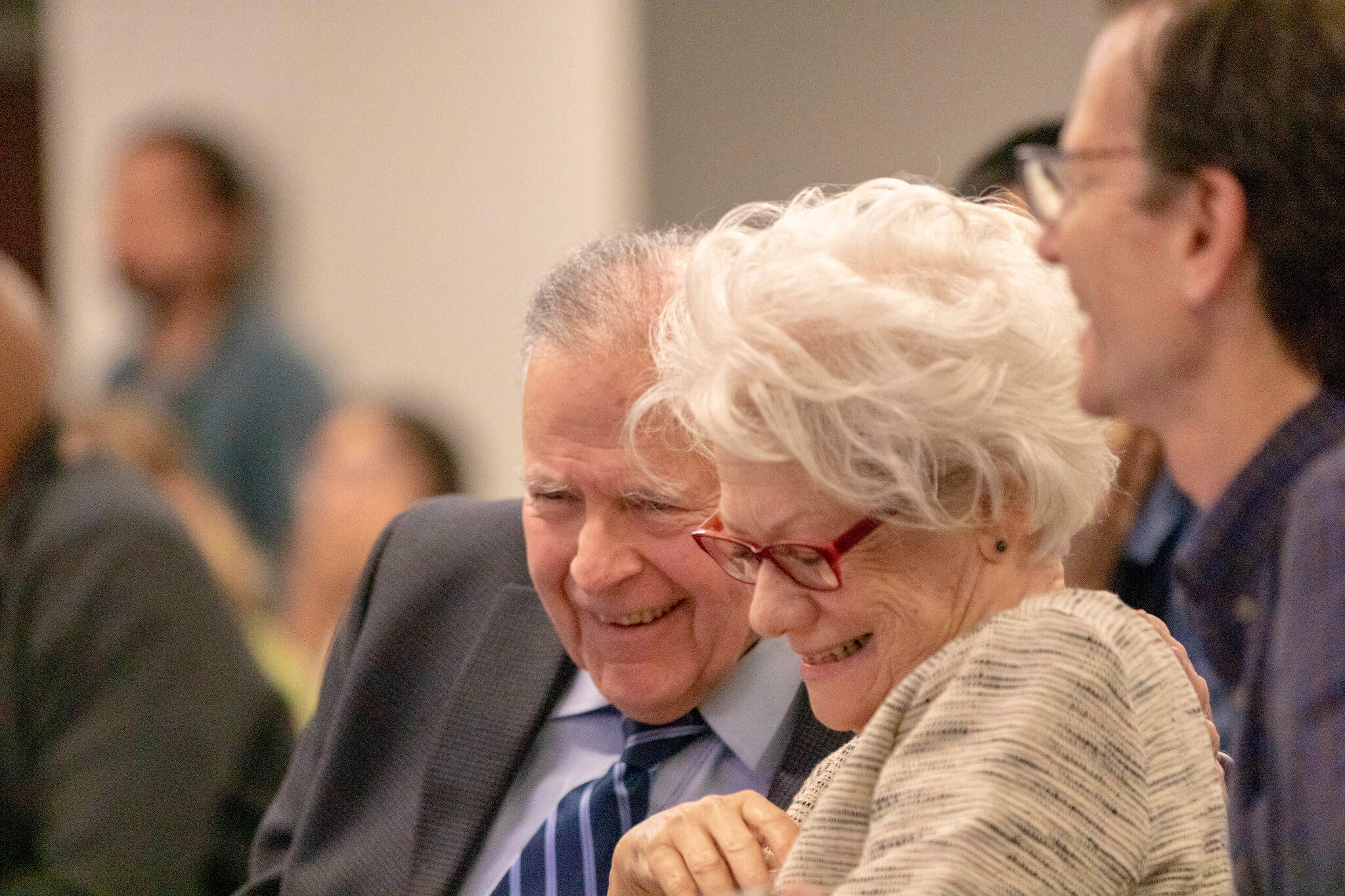
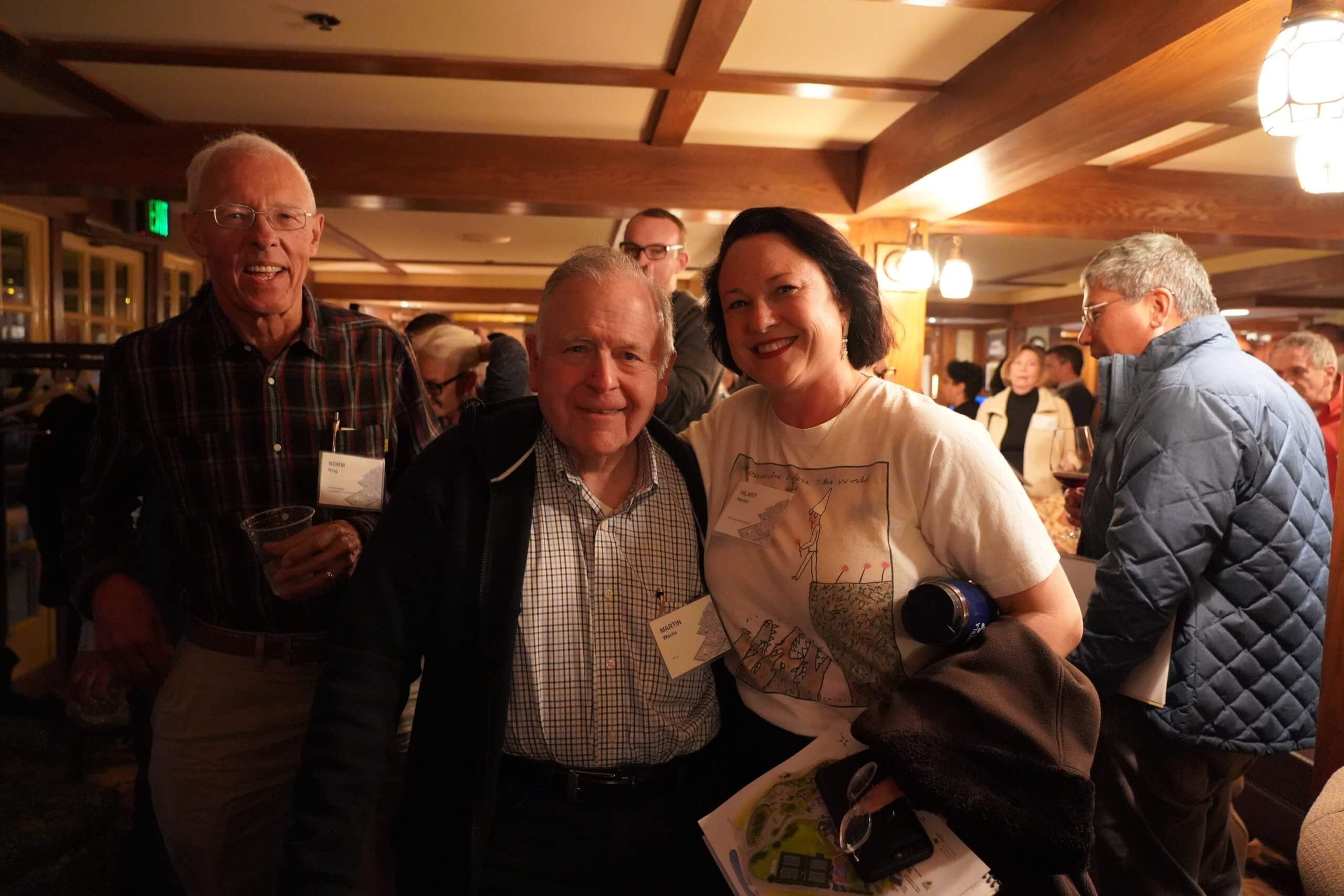
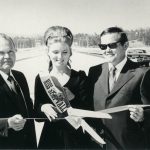

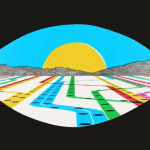
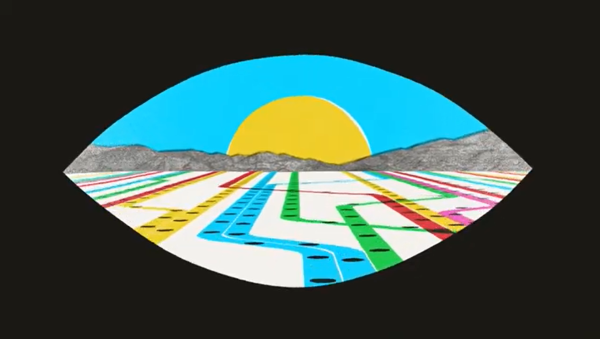
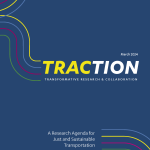
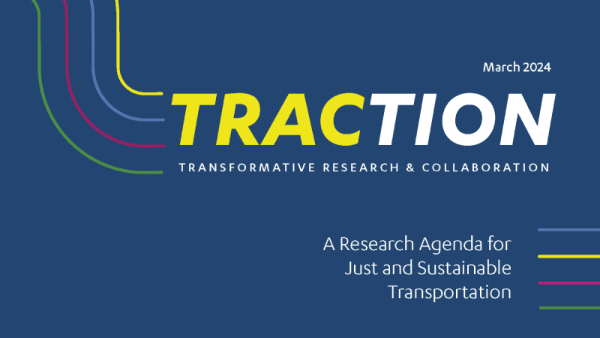
In May 2021, when a routine internet surf unearthed the news that my beloved Professor Martin Wachs had passed away a month earlier, I felt a sudden gust of emptiness flowing through me. I was lost and frozen …
Having Professor Martin Wachs as my mentor and PhD advisor is an honor I have proudly cherished since my days at UCLA. Many of the sage advice that Prof. Wachs had so generously shared with me during my doctoral years have been so profound that, even after some 40 years, I am still keeping all my dissertation drafts. Those words of wisdom, embedded in the countless snippets of comments in Professor Wachs’s unique calligraphic handwriting, never cease to inspire, provoke, challenge, stimulate …
Prof. Wachs treated all his students like his extended family, with uncompromising care. He gave his time generously to all who needed his help, no matter how busy he was. Professor Wachs not only sourced the Household Activity Travel Simulator (HATS) from Oxford University for my doctoral dissertation project. He also orchestrated his family — Helen, Faye, and Steve — to participate in a pilot HATS simulation game that shaped the design of my research. I cannot have asked for another more supportive and caring doctoral supervisor …
One year on since the unexpected read of the tragic news, my fond memories of Professor Wachs, my role model, remain as vivid as the day I left UCLA, when Professor Wachs walked with me from his office at the then Graduate School of Architecture and Urban Planning through Dickson Court North to the bus stop at Hilgard Avenue … Thank you, my esteemed Professor …
冯苏苇:怀念我的老师马丁·瓦克斯(Martin Wachs)
Suwei Feng: Remembering my dearest teacher, Professor Martin Wachs
Early this morning (April 13, 2021), I was shocked and saddened to learn from my circle of friends that my teacher, Professor Martin Wachs had passed away. There was a class at ten in the morning, and on the way to class I silently told myself, later in class I must not talk about it, otherwise. However, during the class I still couldn’t help talking to the students about Professor Martin Wachs and his guidance and help to me, and my tears flowed down like a breakwater. The world of adults is full of restraint and forbearance, and they have been taught not to reveal their true feelings easily, but today I have made an exception. I don’t know how my students will view my gaffe, but they will probably understand that their teacher lost an important mentor and friend in her life today.
All day long, my mood was mournful and the thoughts were so jumbled that, in its current state, it was impossible for me to systematically organize Professor Martin Wachs ‘s life and academic contributions. The following is just a brief record of Marty’s guidance, care, and help during my visit to UCLA. This warmth remained in my heart for a long time, and the drips and drops, the more fragrant, like a small lamp, illuminate my way forward.
I arrived at UCLA at the end of March 2014, when the spring semester was winding down, and I wrote to many professors hoping to open collaborative research during my visit. Professor Taylor was the head of the Transportation Research Center, and his administrative duties kept him very busy, so I usually only saw him during class. Comparatively speaking, Marty was in retirement and was relatively free, while his office was next door to mine, and the proximity of the space facilitates communication between us. I remember Marty wrote me back quickly and the first meeting was in his office. He asked me not to add his name when writing the paper. I thought it might be an unspoken rule for dealing with famous professors, so I agreed. Since then, Marty had been mentoring me on a “no return” basis.
In the U.S. transportation academia, Marty had moved from an engineering background to public policy, and I was on the same path of transition that he had experienced. I was often confused about how to go about it. Therefore, in my eyes, Marty is an academic icon, and when I have the opportunity, I ask him for advice. He always answered all my questions and taught me by words and deeds. One weekend, he offered to drive me around Downtown. Before getting in the car, he asked me to sit in the front passenger seat, which had been the exclusive seat of Marty’s wife Helen, but that day Helen sat in the back. He explained that he would explain the principles of transportation planning and practice in LA, so I’d better sit in the front row to facilitate his “teaching” along the way. That day, we visited the Bradbury Building. Built in 1893, this Victorian-style building is one of the earliest in Los Angeles, with limited space arranged with many beautifully detailed elements: bright patios, stained glass, marble floors, and narrow, antique-feeling elevators. The most impressive thing was the magnificent dark green wrought iron staircase inside, which was the ultimate work of architectural art. So the first lesson Marty gave me was “field study”.
When we left, we went to a nearby parking lot to pick up the car, and Marty didn’t forget to praise his hybrid-electric car, and explained to me how it worked. The car was precious blue and had been driven for more than ten years, but it still looked brand new. When talking about his favorite car, Marty’s eyes glowed, just like talking about his old friend of many years. Scholars who study transportation must understand the mystery of this.
In the summer, my son came to visit me. Marty suggested we went on a tour of downtown LA again. This time the walk was extended. We toured the landmarks of downtown LA, visited a museum that tells the history of LA, and had lunch at a Mexican restaurant. In the afternoon, Marty took us to see the monument of the Chinatown Massacre in Los Angeles more than 100 years ago, and explained the contribution of Chinese to the history of LA and the inequalities they encountered. He then drove us to see the nearby slums and analyzed the social causes behind the slums. He had been looking at everything that happened in this world with the independent and critical perspective of a scholar, and presenting it in its original form to us, the hurried passers-by of LA. He brought us into historical and realistic scenarios and made us spontaneously perceive and think. I was so impressed by his realistic approach to teaching that I would unconsciously share with my Chinese students what I had seen, thought, and experienced in LA in my classes after I returned to China.
In LA, a car is like one’s feet, and without a car, it’s hard to get around. I chose to live near the Campus, and did not buy my own car, relying on Ralph’s and Target for food and clothing. Marty was already in his 70’s at the time, and when we went on trips, Marty was always the driver. At the end of each trip, Helen liked to say, “Marty, you drove well today,” and everyone laughed and said, “Thank you, Marty”.
It was the fall semester when I sat in Marty’s class, Transportation & Environmental Issues. Marty was not tall. He liked to tie his shirt into his suit pants, looking very spiritual, and he was bright-eyed and kind. His classes were mainly lectures, moderate, without much discussion, but sometimes he would pause to throw out a question and let students comment. At that time, many Chinese cities were suffering from air pollution, and LA was also the most polluted city in the United States, so the cities in China and the United States were comparable. In the afternoon, I was always sleepy in class. Sometimes he would ask me questions on issues related to China, often catching me off guard.
A day or two after Christmas, Marty asked me to come over to his house for a visit. I didn’t want to bother him to pick me up, so I wrote to him that I would take the bus and reassure him that I would arrive on time and not get lost. But he was still unsure, saying that the bus was slow and had to be transferred and unsafe, so he decided to drive with Helen to pick me up. Marty was a gardening enthusiast, and before he even walked in the door, he started talking about the various flowers and trees he grew. I also like to grow flowers and plants, so we had a new common talking point. Marty showed me a wall arrangement of artifacts from fellow planning professionals. Marty’s students are all over the world, and the living room’s showcase was filled with exotic souvenirs. The kitchen, a place for Helen to show her cooking skills, was equipped with a tablet computer, adding a color of information to the cooking. That day, I also met Marty’s cute little granddaughter Leia, and we had a nice chat. She gave me a painting by herself as a gift and said, “Susan, did you bring me a gift? If you bring me a present next time, remember it’s pink or purple.” That time, I didn’t bring Leia a gift, but after I returned to China, I prepared a small pink pearl necklace and asked Professor Xueming (Jimmy) Chen to bring it to Leia, which fulfilled my wish and Leia’s wish.
The learning process of transitioning to public policy is still challenging. Marty is a senior principal researcher at the RAND Corporation, a leading U.S. think tank, and had undertaken many high-profile projects. According to Professor Jiangping Zhou at the University of Hong Kong, Marty had a good eye for talents, and the project team members he had identified were all highly skilled. This made me admire Marty’s management skills. Once I was curious to ask Marty for advice on how to write a policy advisory report as an expert, and he sent me a policy report on LA transportation improvement to study. The layout and the language of his report gave me a new understanding of policy consultation.
The U.S. was experiencing a shortfall in fuel tax revenue, and the vehicle-mile-traveled fee (VMTF) had become a new policy favorite. I was also invited to attend a seminar on VMTF policy organized by a non-profit organization. At the seminar, Marty knew almost every guest, and even when I stood next to him, I could feel the reverent glances cast by the crowd. He would explain to me the ins and outs of the policy, the motivation of the organizers, the game of policy stakeholders, and so on. With Marty’s guidance I was able to improve very quickly. Later, when the Beijing Bureau of Finance came to UCLA for a study tour, Marty asked me to be a teaching assistant for the lecture, giving me the opportunity to face government officials and respond to the doctrine behind policy issues and the mechanism of policy operation.
After returning to China, I wrote to report my research progress from time to time: the publication of my paper in the Journal of Transportation, the opening of the Chinese version of the Transportation Economics, Finance & Policy course, the establishment of the Transportation Economics and Policy Research Center, and the hot topics of China’s transportation policy consultation, etc. Once, I even made an ambitious wish to translate a famous book on transportation economics and policy a year, and if Marty had a masterpiece, I would be the first one to translate it. As a result, he wrote back humorously that he had only papers, not books, in his life, which he was afraid would disappoint me; he also made a list with dozens of books, saying that I could translate according to this list if I wanted to. Later, when I translated Donald Shoup’s “Parking Bible”, The High Cost of Free Parking, I found that it was not easy to master the faithfulness, expressiveness, and elegance of his style!
Once in a class, Marty said that he had started a study on travel for the elderly many years ago when he was still very young. This left a profound impression on me. Transportation for the elderly is a shortcoming of China’s system. When I told Marty about my research plan, he sent me some must-read classic literature to help me get started as soon as possible. I can say that Marty brought me into the new field of transportation policy for the elderly. With the support of Professor Xueming (Jimmy) Chen, we have held several sub-forums of WTC International Mobility Research on Aging, hoping to do our part by focusing on the barriers to travel for the elderly while I am still “young”.
When talking about death, I feel fear, dread, and trembling; however, after I write the above words, I feel peace, love, and a deep sense of gratitude. When you push the world with love, the world will give you deep love in return. From Marty, I felt a kind of unconditional love, which is an unrequited, spontaneous and conscious action. In my limited career, I would like to pass on this unconditional love to my students.
Once, I had tea with Marty and Helen, and when I asked what else he intended to do after retirement for the second time, Marty said with a bright smile, he was ready for retirement for the third time.
Dear Marty, we will always miss you, and may there never be an academic retirement in the Heaven.
Suwei (Susan) Feng
Shanghai, China
April 13, 2021
Having spent three decades at another University of California campus, it’s fair to say that all of us working in transportation were awed by the achievements of our neighbor at UCLA, later at Berkeley. Marty had the unusual combination of superb research skills and masterful ability to communicate. What made him even more special was his deep understanding of people and of groups with which he worked. He could speak to any audience, defuse disagreements, see the common area of agreement among participants. This made him an especially effective leader of professional committees of the National Research Council, on one of which I had the honor to participate. He combined this with a disarming and genuine humility. Both that and his diplomatic skills were, I think, due to a genuine humanity that led him to see and value those around him.
For all of my transportation career, in addition to other foci, I have been focused on funding transportation projects and programs. I attended several workshops and conferences where “Marty” was speaking. I always found pearls of wisdom in Marty’s presentations to appreciate.
Bruce Abanathie, MBA PMP
Principal Transportation Planner
Program Manager – Transportation Asset Management